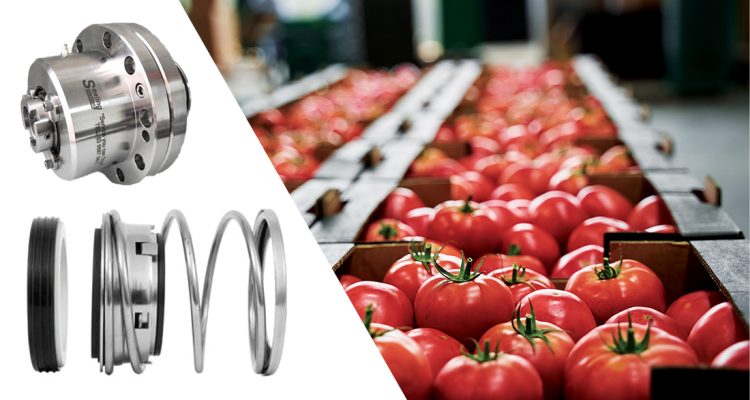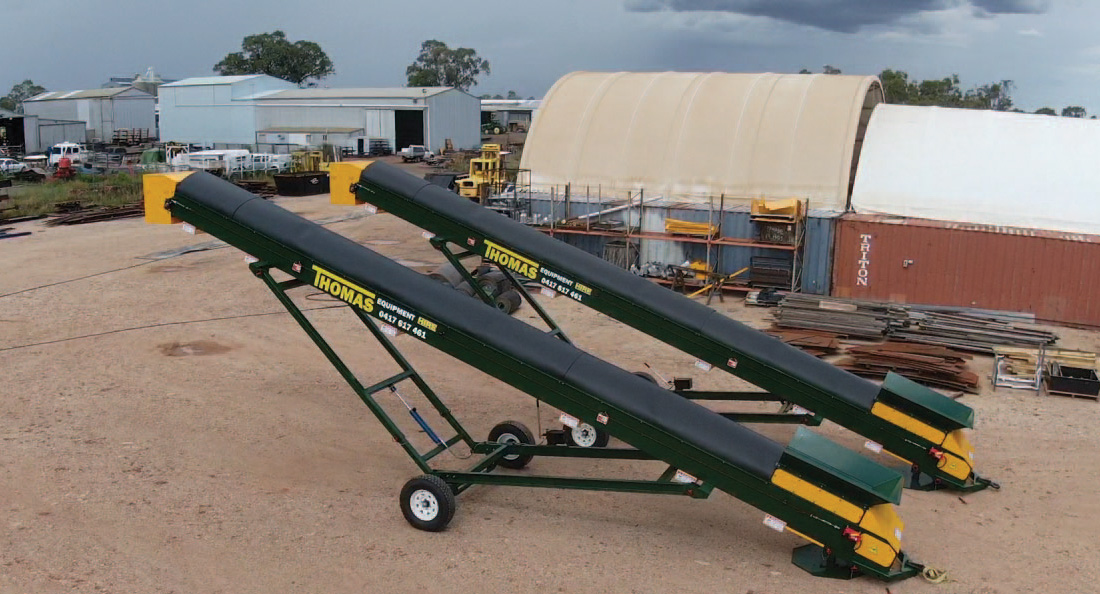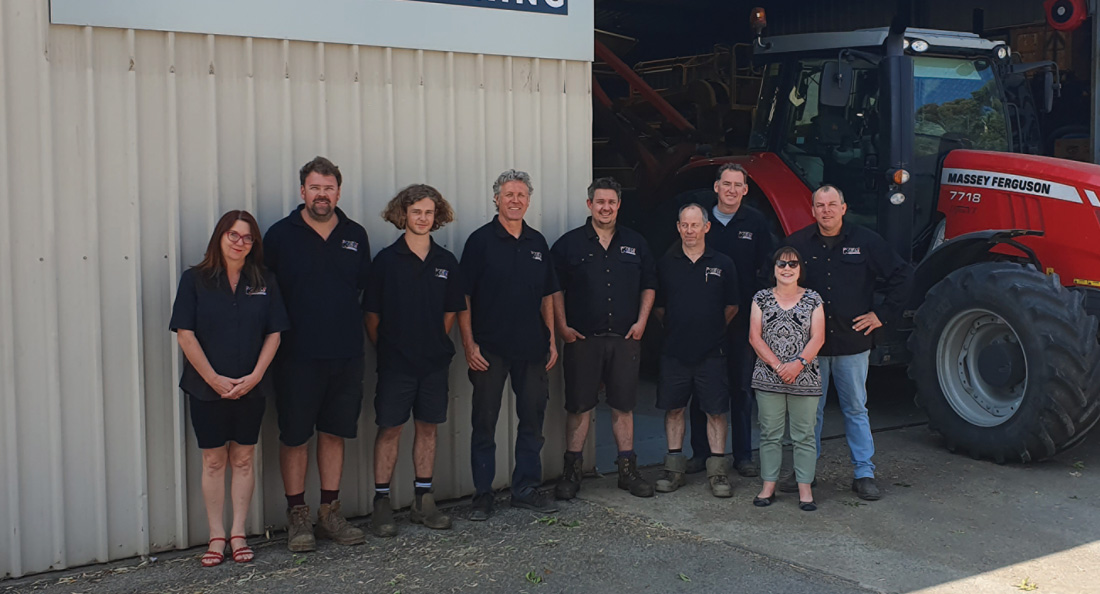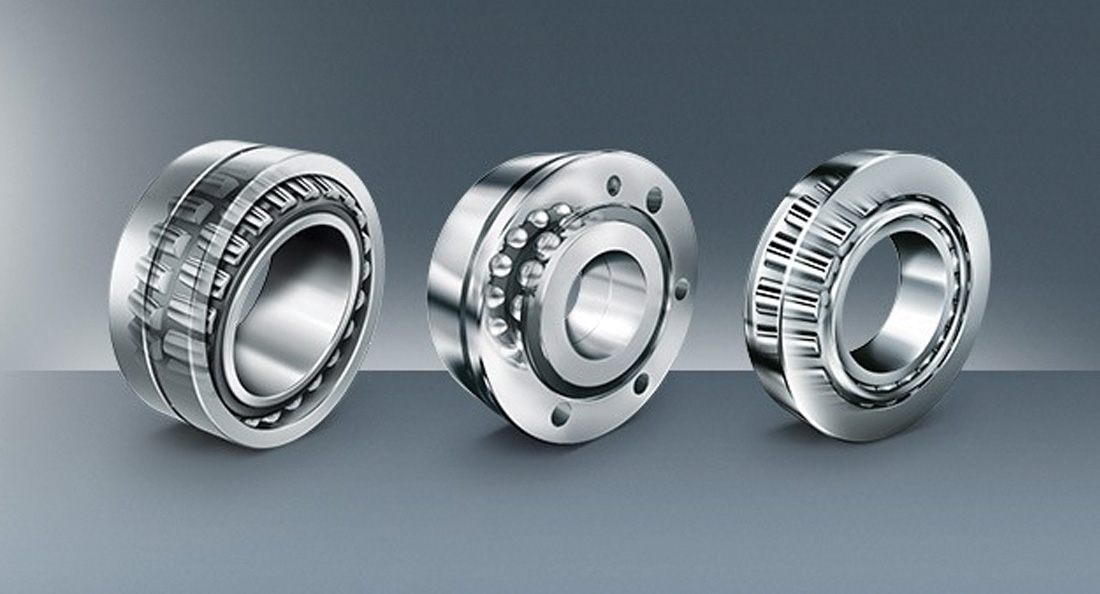According to the Australian Food and Grocery Council, food and beverage processing is the country’s largest manufacturing sector, and remains on a steady rise despite ongoing challenges related to the Covid-19 pandemic.1 But added strain on production rates and supply channels have meant that businesses are under more pressure than ever, as regular equipment failure and downtime prove catastrophic in the long run.
As Technical Services Manager at Sealing Solutions, Garry Noble is all too familiar with the impact that a poorly designed seal can have on a food manufacturing plant. So, when a key customer approached the team for a unique upgrade on their rotary cookers, he knew the solution had to be well thought out and tailored to the specific type of equipment.
“We have been servicing this site for the better part of twenty years, from when they mainly focused on tomato-based products,” he explains. “Now, they have drastically expanded their product range, but a lot of their processes still involve heating and reduction of fruits and vegetables in circular industrial cookers. These stand about two to three metres off the ground and use rotary paddles to continually stir the contents.”
He adds that previous approaches to sealing these vats were not nearly as effective. Many sites would use a gland-packing method, which proved relatively unreliable and not as clean. Now, due to Occupational Health and Safety (OHS) and hygiene expectations, most food manufacturers will use a mechanical seal between the container sections.
When Sealing Solutions first began developing a seal design for this customer, challenges arose concerning thermal expansion and subsequent differential growth. Because of high temperatures within the cooker units, the seals would experience distortion. Since then, however, their engineers have modified the design to have a much cleaner profile. In addition, they are easier to assemble, featuring adaptor screws and adjustment nuts.
“This was a boutique solution developed through numerous trials, to suit the client’s specific requirements,” Gary says. “We now have a more widely used product called the Rotary Cooker Seal, and by making the design more universal, we have been able to utilise the same concepts for other customers using similar equipment.”
He also notes that with a simpler design comes more streamlined fitment, offering safety benefits for installation and change-outs. The custom-built seals require fewer tools, and include jacking bolts, so maintenance can be performed from outside of the vessel.
“Over time, I have developed a close relationship with the customer, aiming to make their sealing-related processes a lot smoother. They are extremely satisfied with the product and service, as it has provided safety benefits to their team as well as more uptime on production.”
In addition to tailored design concepts, Sealing Solutions also offers refurbishment and repair out of its workshop in Carrum Downs. Account Manager Shane Benwell says that rather than seeing assessment and maintenance as an add-on, it is an integral part of a full-spectrum service model.
“We have machinery, assembly rooms, pressure testing rigs and other equipment to facilitate in-house operations. In addition to repairs, we also design custom mechanical seals, and can re-engineer replacements if an OEM part becomes obsolete or is no longer manufactured.”
“Becoming a part of Motion Australia has definitely benefitted Sealing Solutions, in that we have more products available to our customers and can rely more on local supply while overseas stock is delayed,” he adds. “We are also collaborating with other product experts at Seal Innovations to offer auxiliary services like pump repair and overhaul.”
- https://www.afgc.org.au/industry-resources/state-of-the-industry




